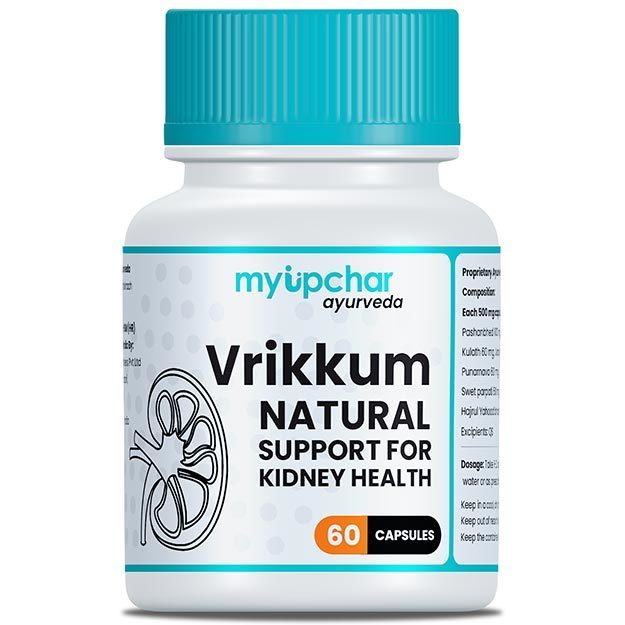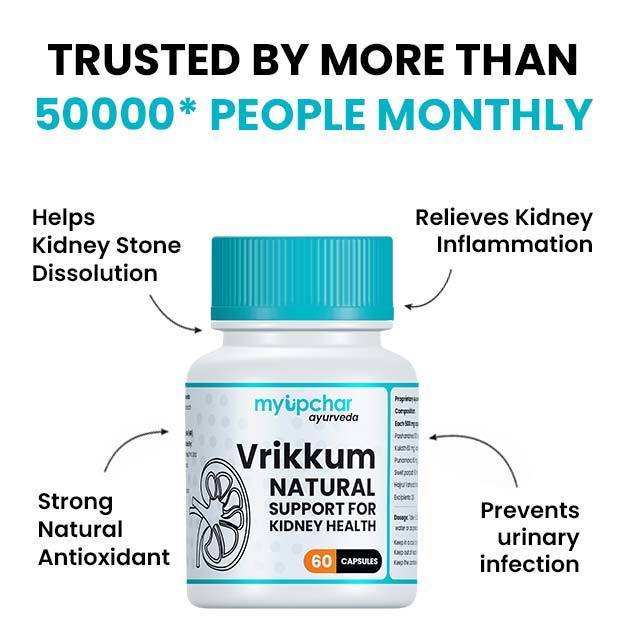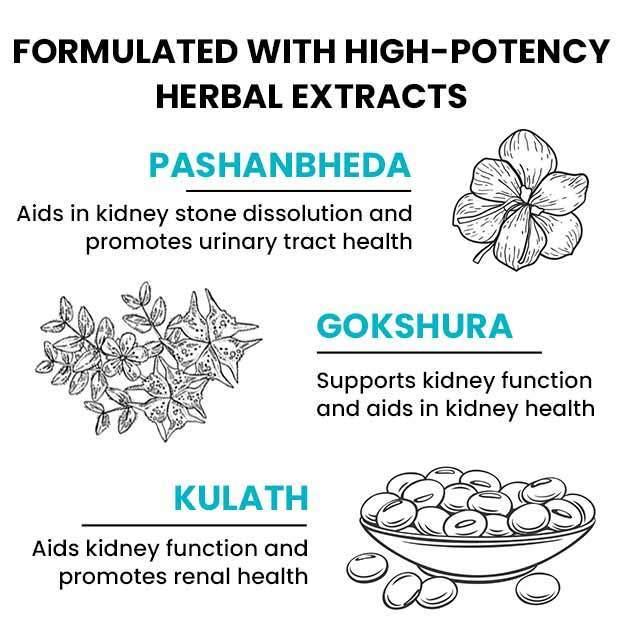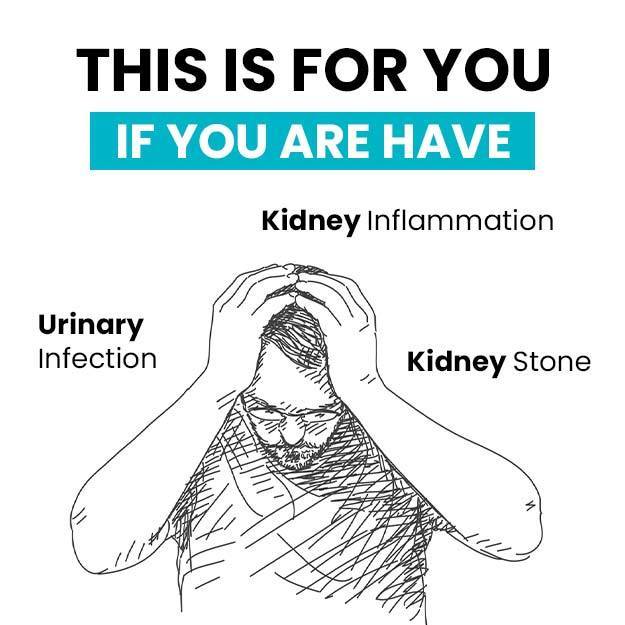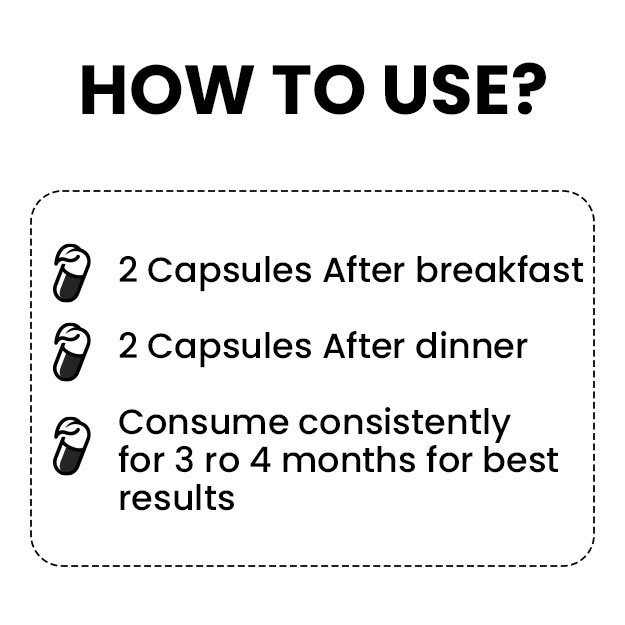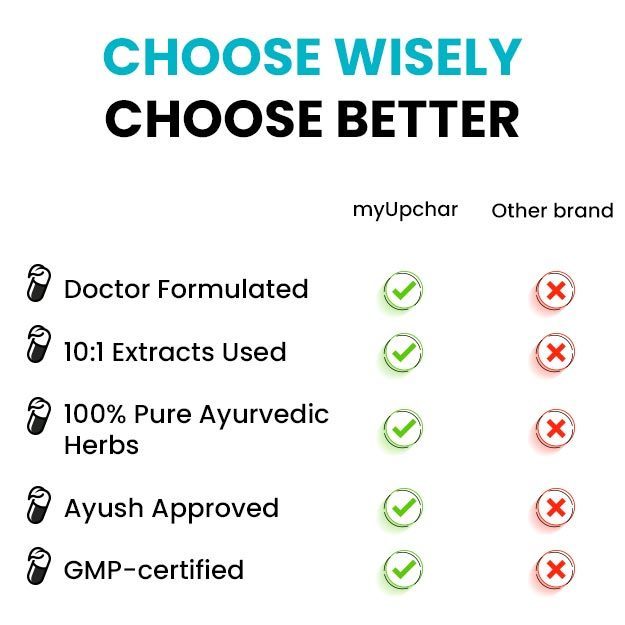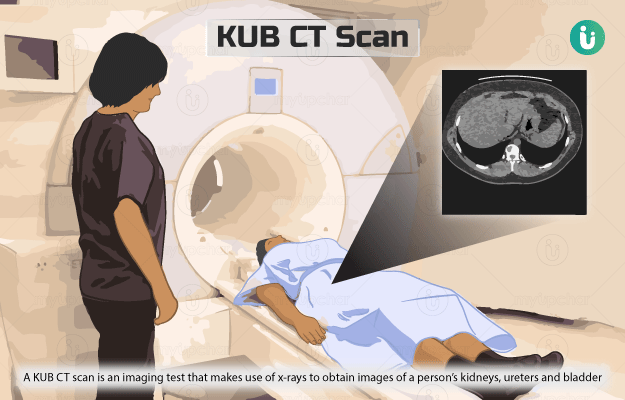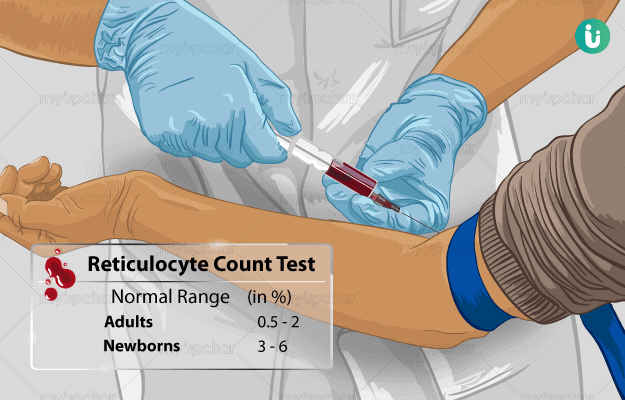What is Liver-Kidney Microsome (LKM)-1 Antibody test?
LKM-1 antibodies are autoantibodies that attack the liver cells, causing damage to the organ.
Antibodies are special proteins normally produced by the immune system to fight harmful foreign substances. Autoantibodies, on the other hand, are antibodies mistakenly produced by the immune system against body’s own cells and tissues, leading to autoimmune diseases.
The LKM-1 autoantibodies are produced in response to a specific protein in the liver known as cytochrome P450 2D6 (CYP2D6). Presence of these autoantibodies in the blood is strongly associated with a condition known as type 2 autoimmune hepatitis.
Autoimmune hepatitis is a prolonged inflammatory liver disease associated with symptoms such as muscle ache, abdominal discomfort, jaundice and an enlarged liver. Depending on the type of autoantibodies produced, there are two types of autoimmune hepatitis - type 1 and type 2.
A person with type 1 autoimmune hepatitis has smooth muscle antibodies (SMA) - antibodies that attack the smooth muscles - in their blood. It can affect anyone but is more prevalent in young women. Most individuals with type 1 autoimmune hepatitis also have another autoimmune condition, such as type 1 diabetes or ulcerative colitis.
Type 2 autoimmune hepatitis is associated with the presence of LKM-1 antibodies. This disease may affect adults but is commonly seen in girls aged two to 14 years.
Autoimmune hepatitis may lead to complications such as liver cirrhosis and liver failure.





